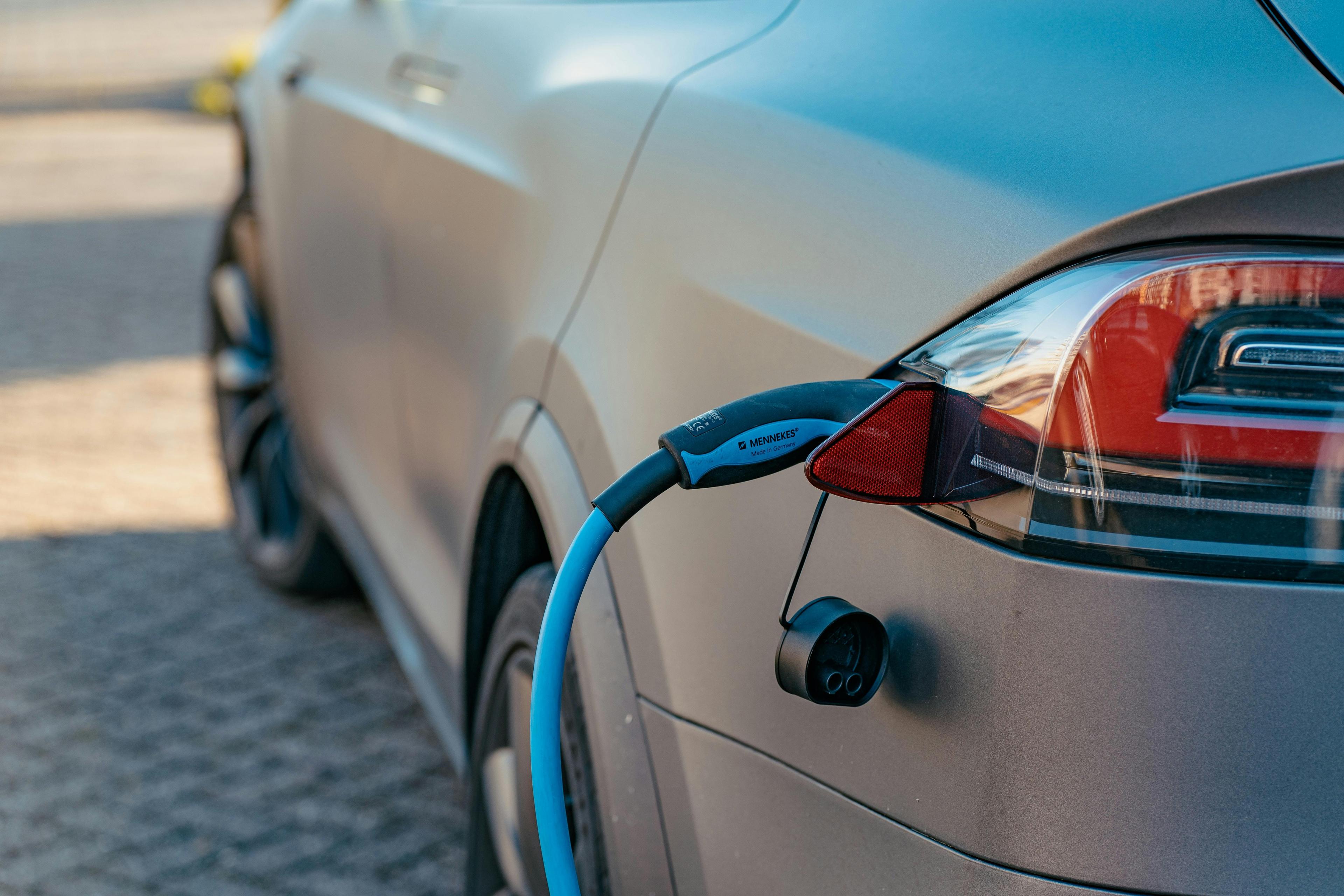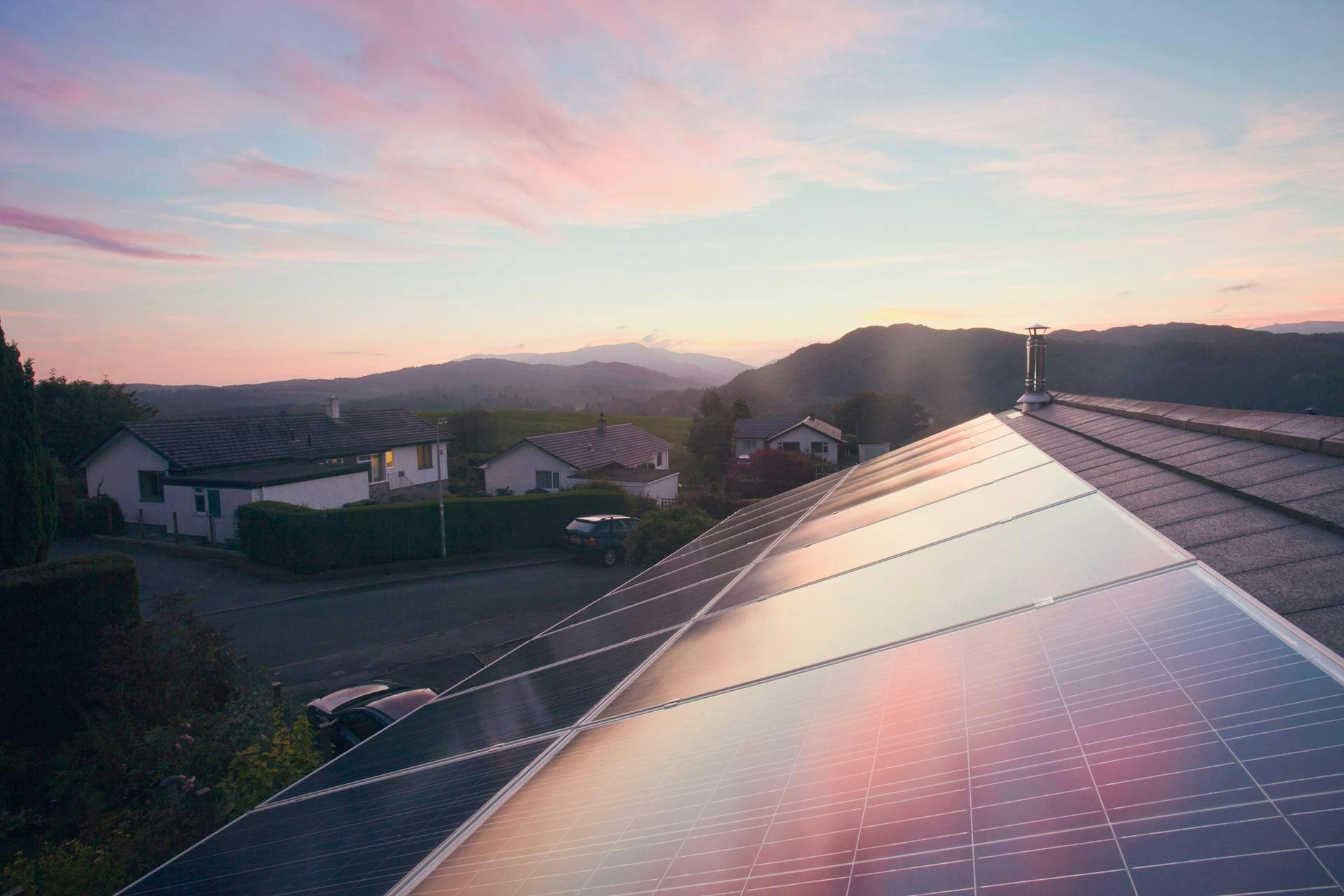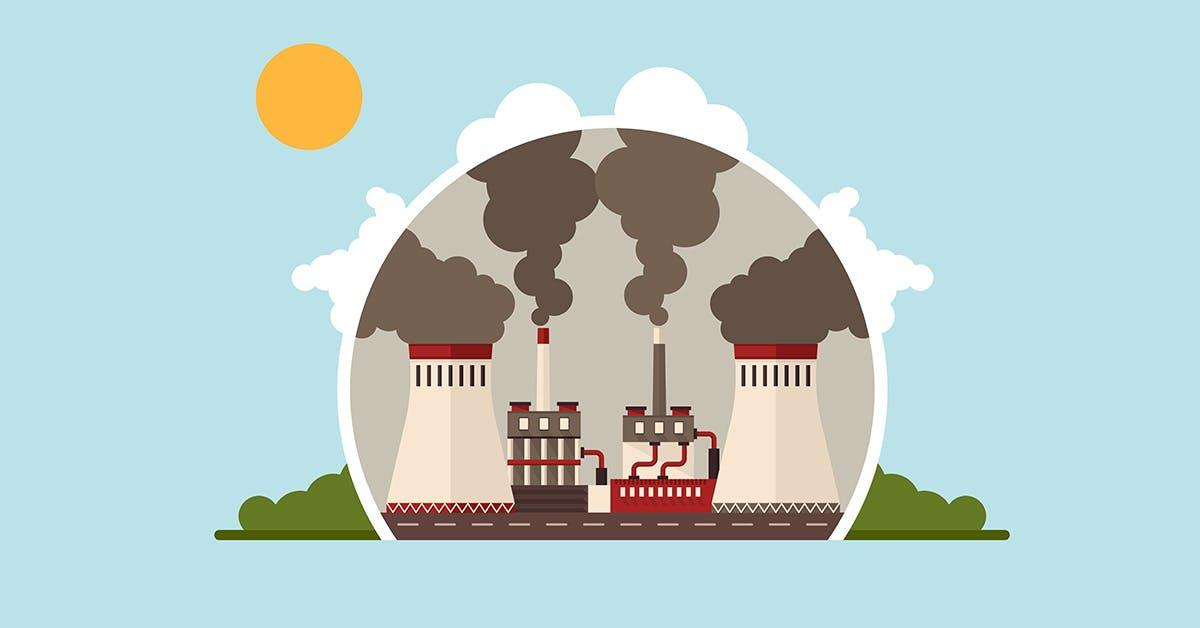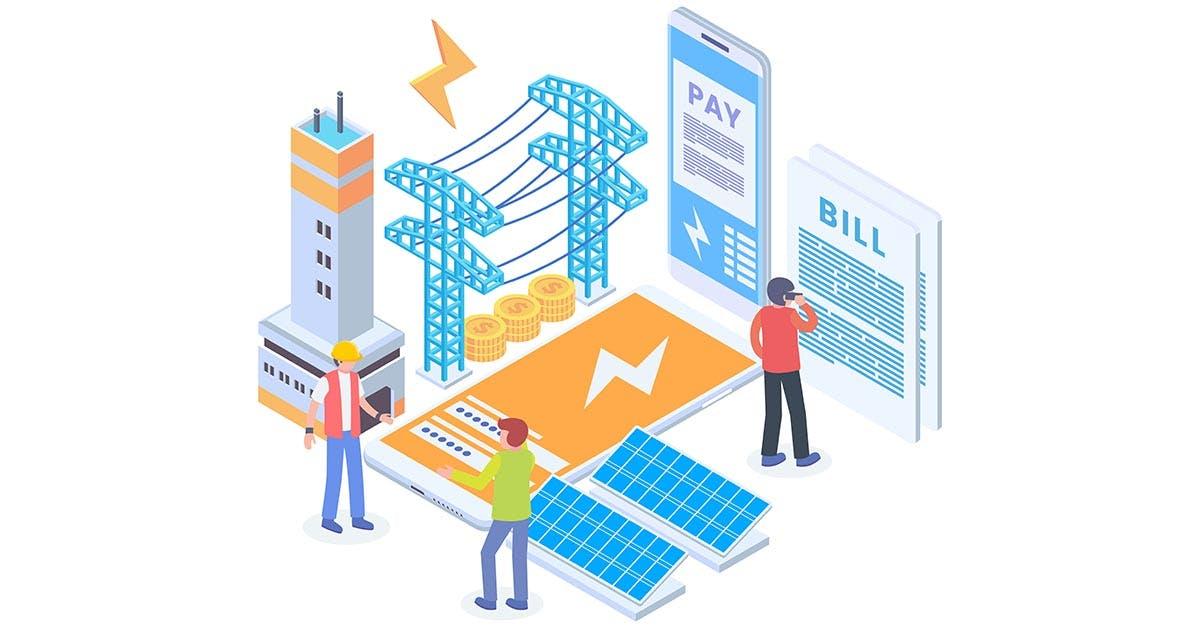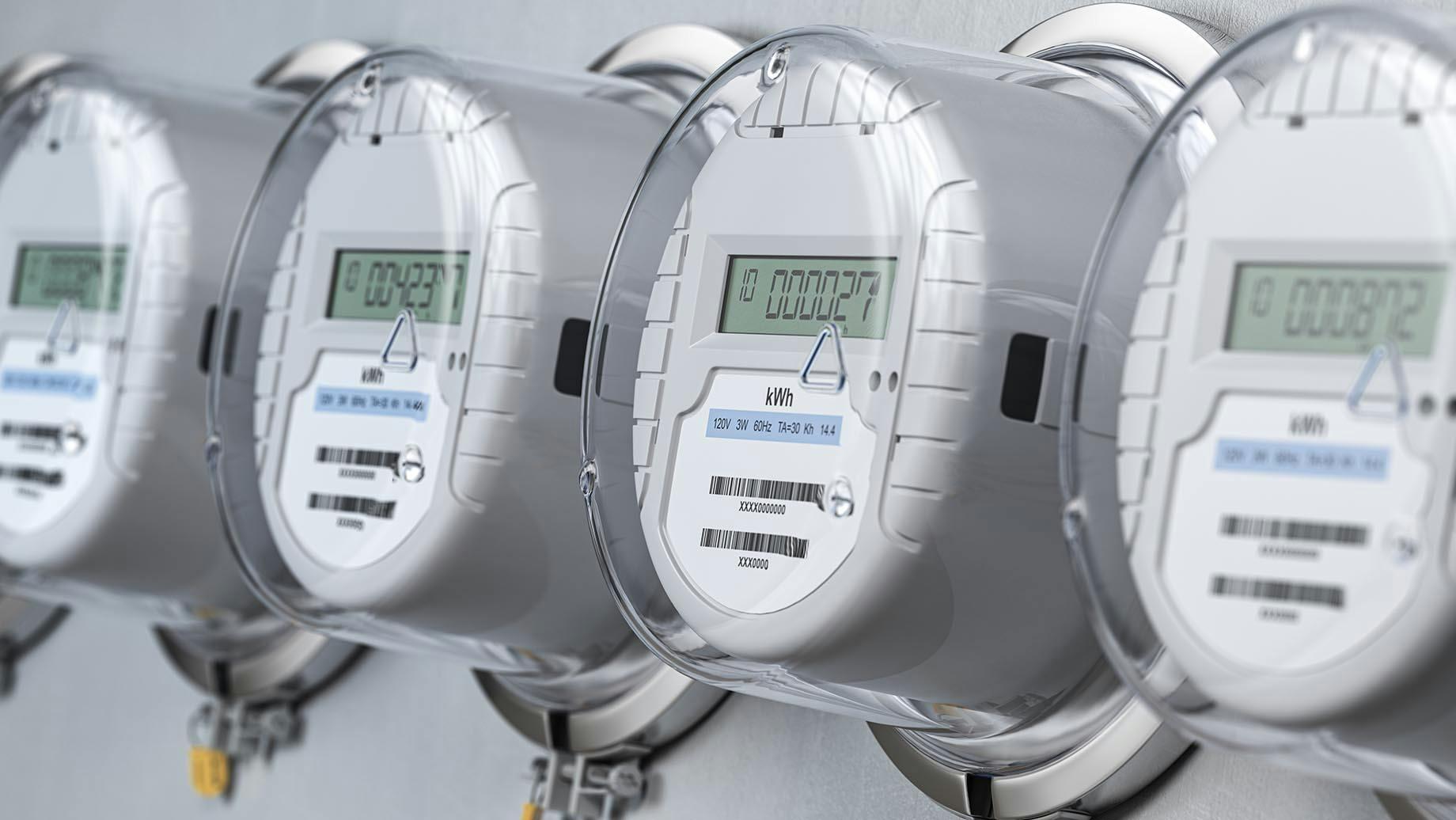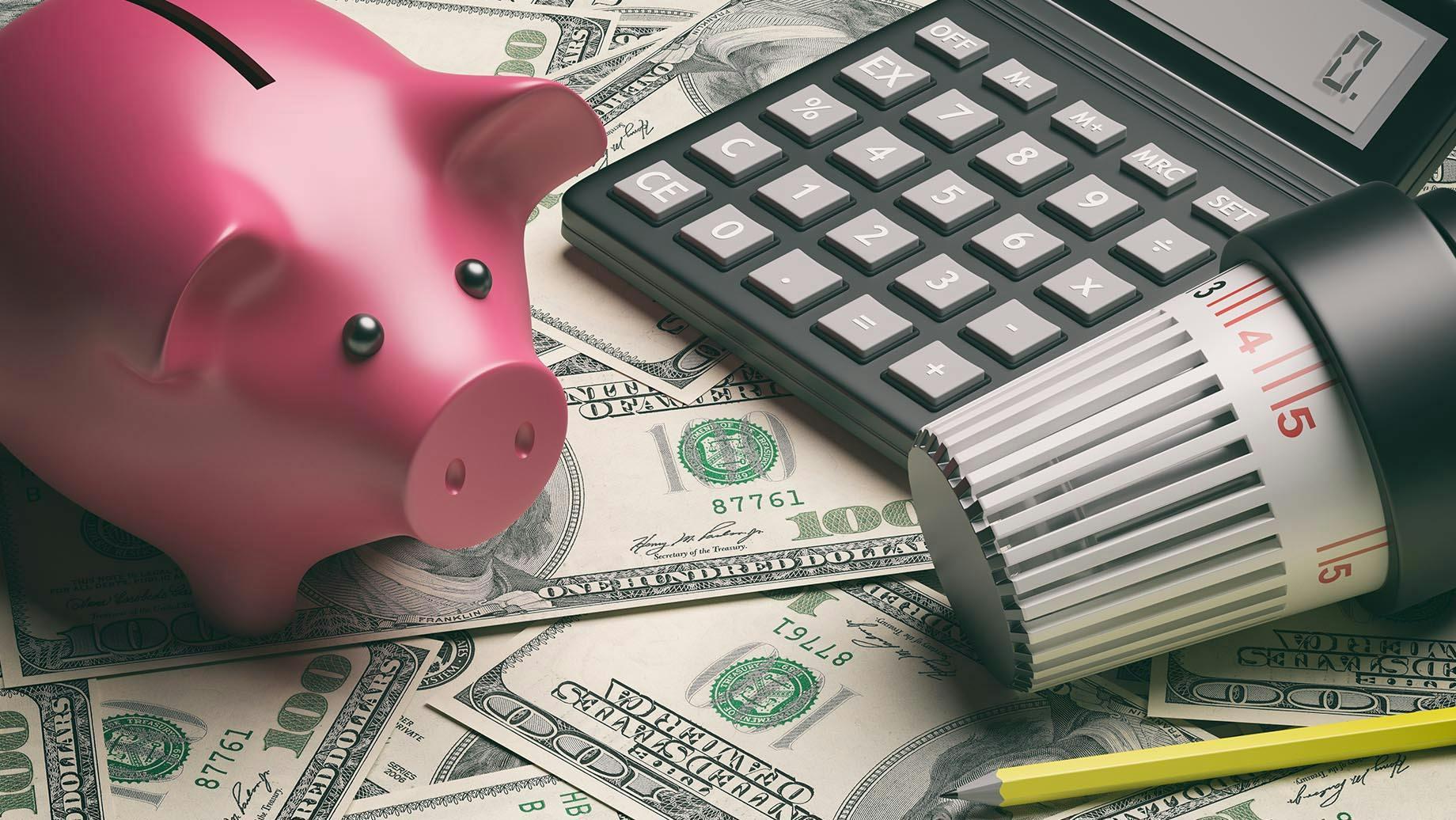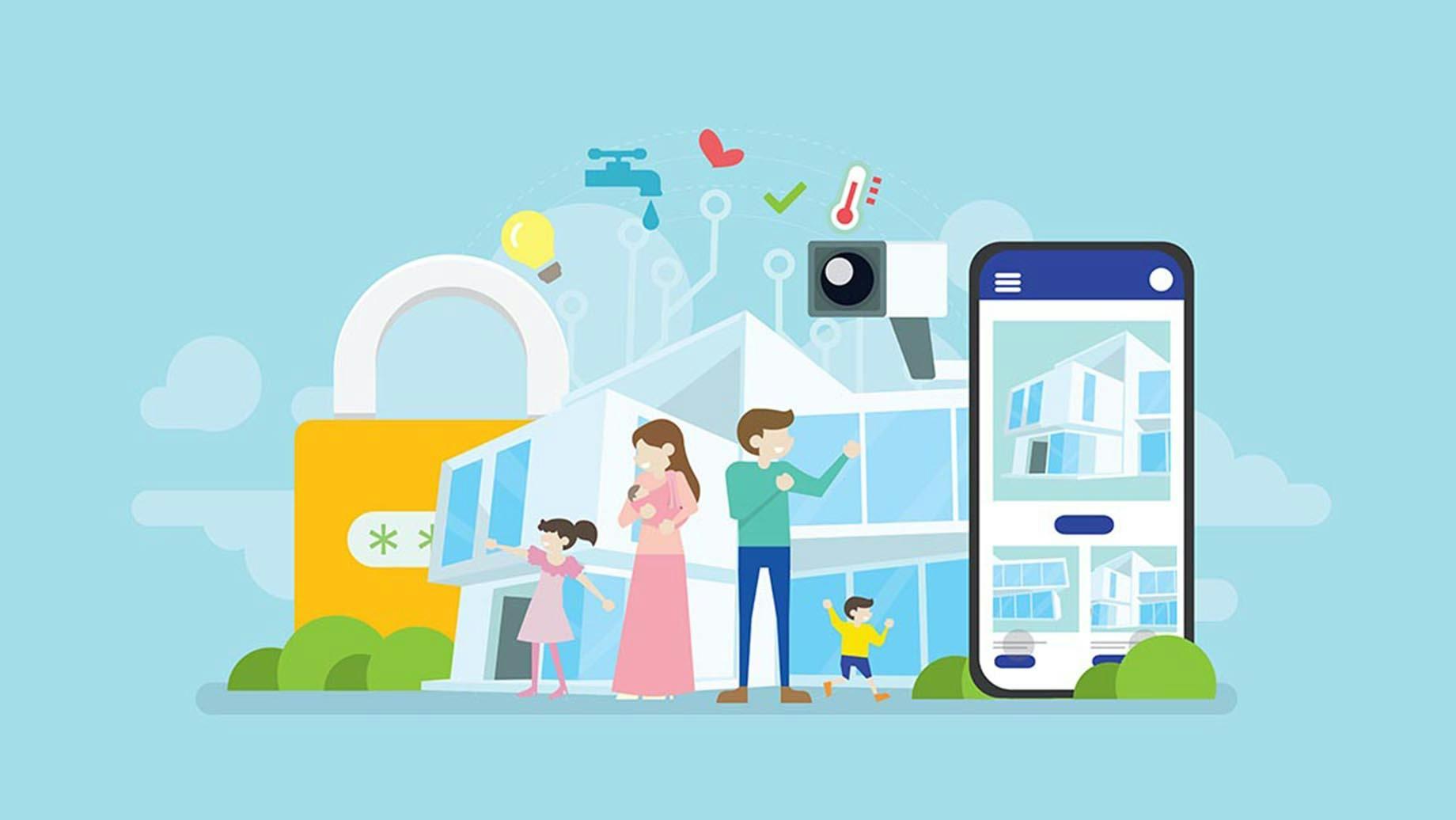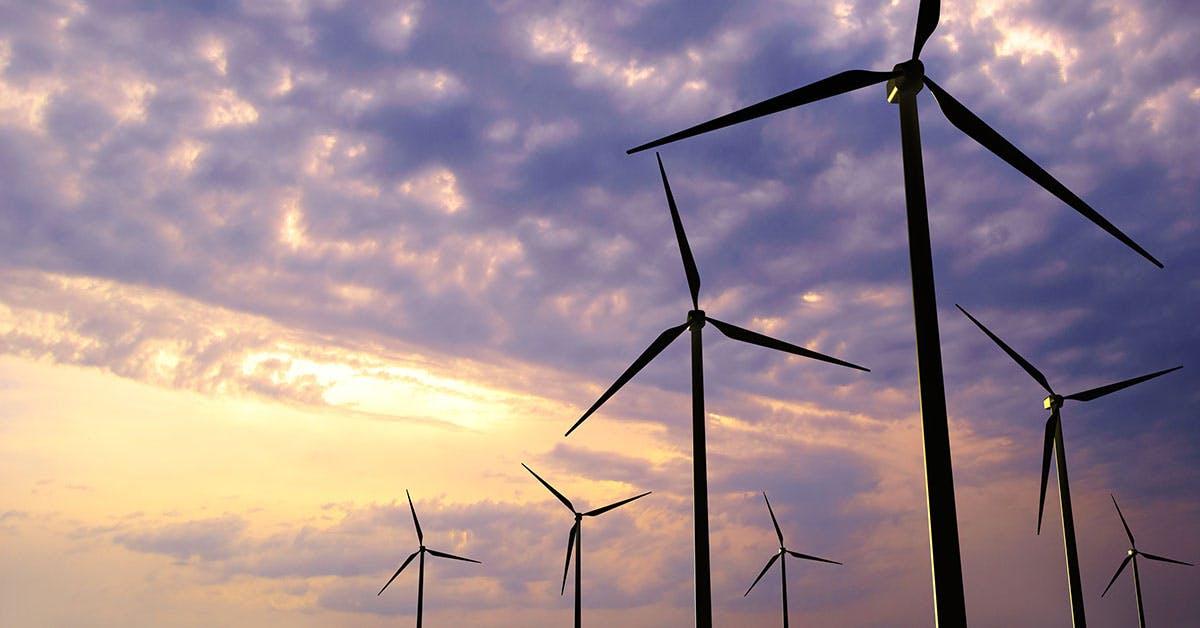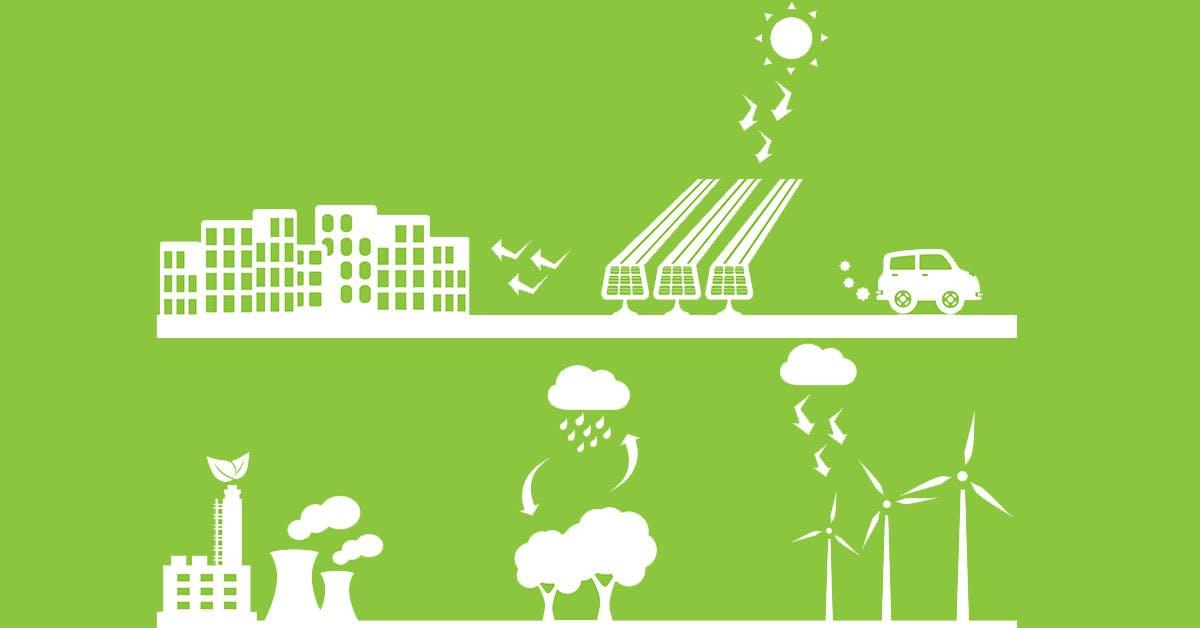
What Happens If You Pay Electric Bills Late After the Due Date?
Inspire Clean Energy
8 min read
category: Clean Energy 101
Don't worry about climate change— do something about it.
Our clean energy plans are the easiest way to reduce your home's carbon footprint.
Switch to clean energyWith living expenses on the rise, some may be wondering how late you can be on your electric bill? Do late electric bills affect credit? While you should always strive to be on time with any monthly payment, there may be a grace period for your electric bill. As for your credit, it may be affected by late electric payment(s). Just how late you can be usually varies depending on the electricity company. If you are paying electric bills late regularly or even once, you should contact your provider. If needed, they may be willing to adjust your due date to help you make on-time payments. After all, they want to get paid for the services provided.
So what happens if you pay your electric bill late? At first, nothing may happen. However, if too much time passes, there may be late fees or shut-offs. Penalties can vary depending on the provider. Some providers may offer programs to help families afford electric bills. If you are struggling, you should contact your provider. Alternatively, you may want to consider investing in a renewable energy system. You may even be able to access renewable energy for a fixed monthly price without installing your system. Renewable energy is often cheaper and more efficient than traditional energy sources. Keep reading to learn more about what happens if you pay your electric bill late.
What happens if you pay your electric bill late?
The specifics of what exactly happens when you start to miss or make late payments on your electric bill vary by state and energy company. However, there are some general consequences that you may experience regardless of where you live and which energy provider you have. First, it is most likely that if you make a late payment, you will see a late payment charge on the next bill. If late payments continue to happen, then an energy company can require a security deposit on your account to continue receiving services. Additionally, your internal credit rating with the energy company can be damaged. If your late payments eventually turn into missed payments, then the energy provider may issue a disconnect order. If your electricity does get disconnected, your account will most likely incur an additional fee in the form of a reconnection fee.
How late can you be on electric bills before there are consequences?
Most electric bills are issued 21-days after a meter is read. Once the electric bill has been issued, a 30-day grace period is given to allow the homeowner to pay the bill. If the account is not paid in those 30-days or by the due date shown on the electric statement, consequences can follow. As discussed before, the most likely outcome for a late payment made after 30-days from when the electric bill was issued is the inclusion of a late fee on the next bill. If late payments turn into missed payments, more costs will follow, and a disconnection order could be filed. Technically, a disconnection order could be issued within a few days or weeks from the missed due date. Some states that have harsh winters may have different policies regarding disconnection orders being filed in the winter months1.
What are typical late fees for missing an electricity bill payment?
The type and the number of late fees vary by state and energy provider. A late fee may be assessed as a percentage of the total bill or a flat fee. Percentage-based costs can be anywhere from one percent to 12 percent, and flat fees may range from $5 to $30. Late payments can accumulate and cause a household to fall into a downward debt spiral. If you are having trouble paying your utility bill, you should know that options are available to you2.
How late can you be on your electric bill before shutting it off?
Shut-off notices issued by energy companies can occur when an electric bill becomes past due. An electric account typically becomes past due 30-days after it is issued. A shut-off notice most likely will be sent to the residence before the energy company sends a technician to the property to enforce the shut-off notice3.
Will electricity stay on if you only pay half of the bill?
While it's a step in the right direction to pay half of your electricity bill, there may still be additional fees or shut-offs if you cannot pay the total balance. It may prolong the shut-off or reduce the costs, but ultimately you will need to pay the full amount you owe. With utilities such as electric bills, they will probably keep going up. If you overpay one month, the extra amount paid should roll over to the next month's account as a credit. The unpaid balance should roll over to the next month's bill if you underpay. If your payment schedule is bi-weekly, it might benefit you to make bi-weekly payments. Communicate with your provider to see if they can offer a bi-weekly payment option. Like any bill or account, you should do everything you can to ensure that balances are paid on time and in full. Electric bills can vary month-to-month, which can lead to surprises. As a result, you may struggle to afford your electric bill for some months. To avoid pitfalls, consider switching to a fixed plan so that your monthly payment is always the same. You can also try to monitor your usage during the month. Reducing energy usage can benefit the environment and your bank account. If you are financially motivated to cut back on your energy usage, do some research and commit to ways you can reduce your use. It may not be huge savings, but over time, it adds up.
Will late payments on utility bills hurt your credit score?
While your electric bill is not a loan or line of credit, it is an account you signed up for and are responsible for paying for. If your electric bill is late, the utility company probably won't report it. Therefore, your credit score will likely not be affected. However, if your account becomes too far past due, it could impact your credit score. If you fall behind on monthly payments, contact your provider and acknowledge that you are trying to pay. Ask if there are ways they can help you catch up.
There may be government assistance programs or payment plans available to help. If you are behind on electric payments, you may be more concerned with your electricity being shut off rather than your credit being affected. In reality, it's more likely that your power will be shut off than your credit be affected. If your account is delinquent, you may have to pay penalties if you move or try to open a new account4.
Is emergency assistance available for an electric bill?
Emergency assistance may be available for an electric bill. If you have a few financially-challenging months, you may not need emergency assistance. You could take a personal loan or use a credit card to cover your energy bill until you can catch up. However, if you lose your job or have found yourself in a wrong financial position, you may need to ask for help. The Low Income Home Energy Assistance Program (LIHEAP) can assist in paying your heating or cooling bills. In the event of an emergency, LIHEAP may also help. You may also be able to access funding to invest in ways to make your home more energy-efficient and cut down on your bills. Requirements for eligibility may vary by state, city, or region, so you will need to check with your local government to see if you qualify. Just because you are eligible does not mean you are guaranteed to receive assistance; about 20 percent of qualified households receive benefits. LIHEAP funding limits can vary year to year. Funding available can impact who receives help. To apply or learn more about LIHEAP, contact your local LIHEAP office.
What should you do if you can't pay your electric bills on time?
If you cannot pay your electric bills on time, you should contact your provider. Some providers have payment assistance programs in place or may be able to connect you with government assistance. You can also apply to the LIHEAP to see if you can receive service. You may be asked to provide income, or a assets report to prove financial hardship. You may also be able to apply for the Weatherization Assistance Program (WAP). WAP can provide funding for low-income families to make their homes more energy-efficient. As a result, low-income households can save money on electricity bills and hopefully pay them on time. Different states offer different programs, so you may need to research your local area. Hence, we recommend contacting your provider first to let them know you are experiencing financial hardship.
If you're looking for ways to save on energy bills and use renewable energy, it's never been easier to reduce your carbon emissions and make an impact on the planet. Switching your energy supply to Inspire doesn't require much planning, money, or time. Start now – the earth will thank you.
Don't worry about climate change— do something about it.
Our clean energy plans are the easiest way to reduce your home's carbon footprint.
Switch to clean energy
Inspire Clean Energy
We're on a mission to transform the way people access clean energy and accelerate a net-zero carbon future.
Learn more about Inspire →Explore more
Recent Posts
Top Articles



